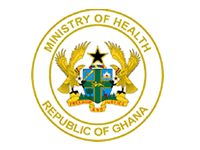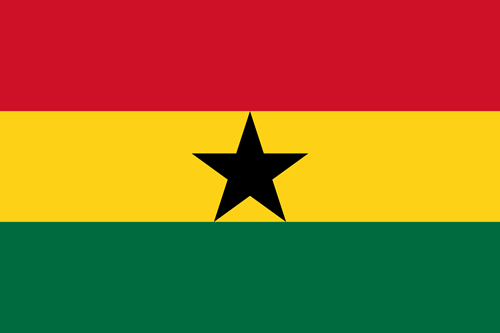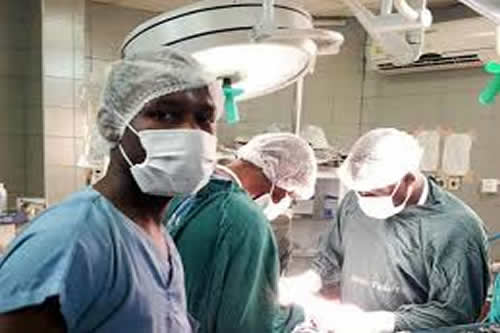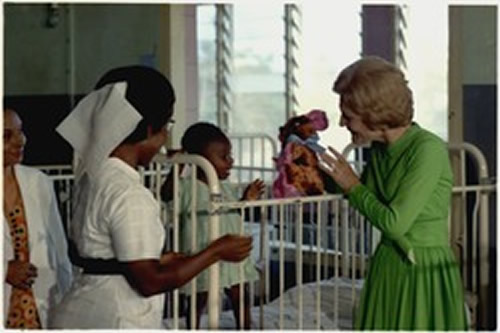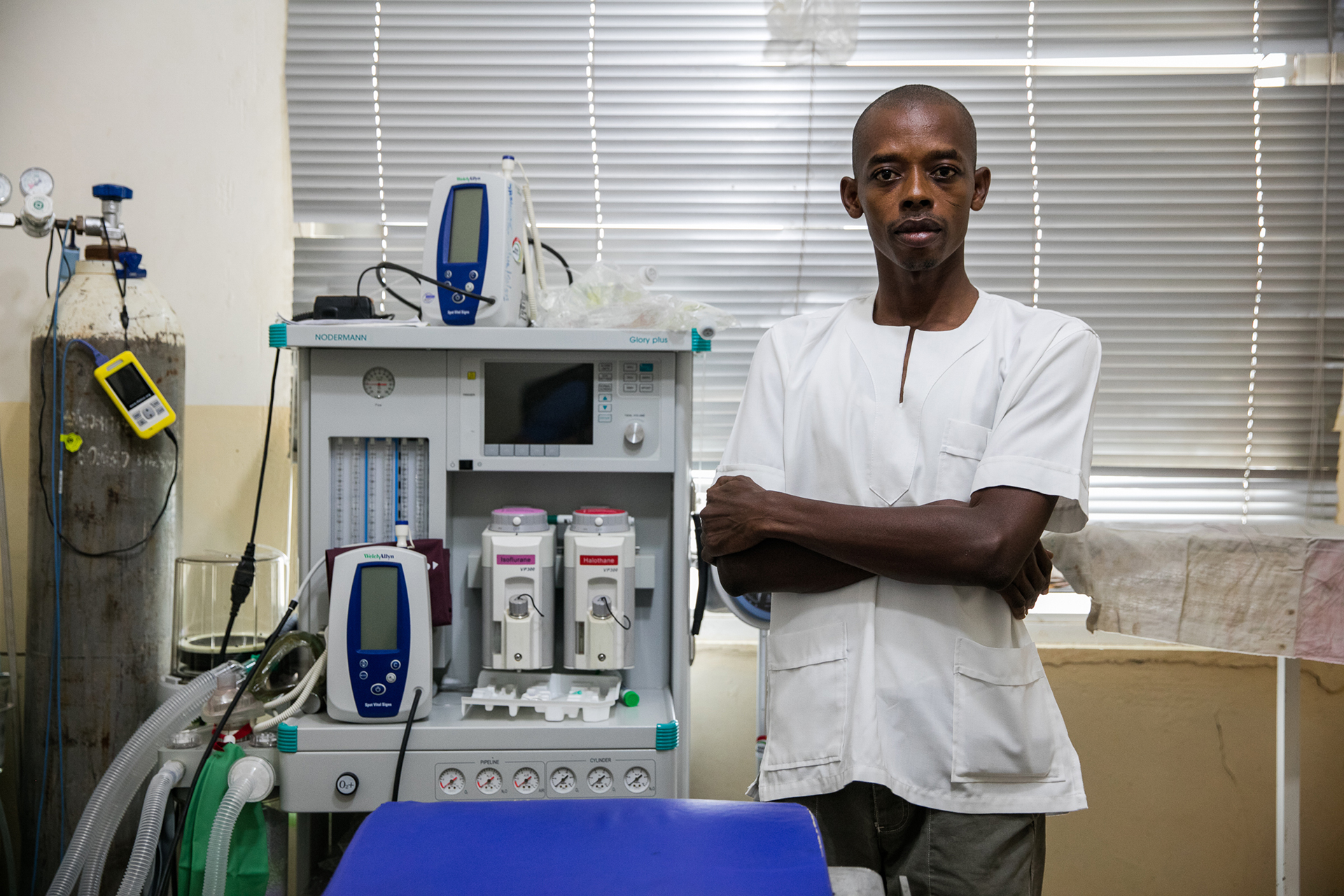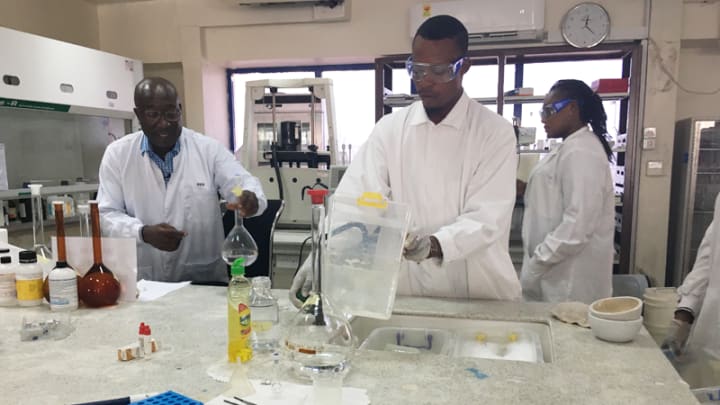Ghana has a population close to 29Mn in 2017, in which major population reside in Ashanti, Northern and Greater Accra region. According to World Bank report of 2017, the health status indicators of Ghanaian population are quite good and getting better over the last decade.
As per WHO’s – Health Statistics 2015; although Ghana has a lower private per capita healthcare expenditure compared to African average, the government per capita expenditure is higher.
There are close to 4200 healthcare facilities in Ghana, accounting all its regions, including hospital (267), midwife/ maternity care (328) etc. The largest in number is the private and small clinics that are more than 1000 in numbers.
The total number of hospital beds in the country is less than 7100$ with less than 1600 healthcare professionals. At the same time about 52% of the hospital beds are only occupied in 2016 and outpatient attendance in the country matches the population.
On the other hand inpatient admissions touch 1.53Mn in 2016. The major causes of admission is Malaria, followed by Anaemia, hypertension, Pneumonia, UTI etc. This implies that a major percentage of the patients turning out and relying on private and foreign healthcare service is evident, with insufficient healthcare services in terms of facilities and manpower.
Most of the Ghanaian patients that travel abroad choose India as their primary destination. Some of the reasons they do so is the low costs for medical care and the possibility to access said medical care through large health tourism companies.
Most common treatments taken by Ghanaians in India are Orthopedic surgery (knee replacement mostly), Eye surgery, Chronic disease treatments.
Ghana has very limited local production of pharmaceuticals and even less manufacturing of equipment and devices; the country relies on imports for approximately 80% of its total healthcare consumption.
Ghana has sought to introduce more private sector participation into the healthcare sector and the most dynamic growth and exciting opportunities found in privately invested hospitals and clinics and in the non-state controlled portion of the pharmaceutical sector.
Medical equipment used in Ghana are entirely imported & demand is still rising with new and more health facilities coming up although less compared to the actual state of requirement. More importantly the import of medical equipment and devices are mostly exempted from duties.
Overall, Ghana has better healthcare & medical structure and facilities than the rest of Africa, particularly in the west, still the demand for the facilities, its usage and usage of foreign healthcare services, is growing with rising standards of living and healthcare expenditure as a good % of their GDP.
